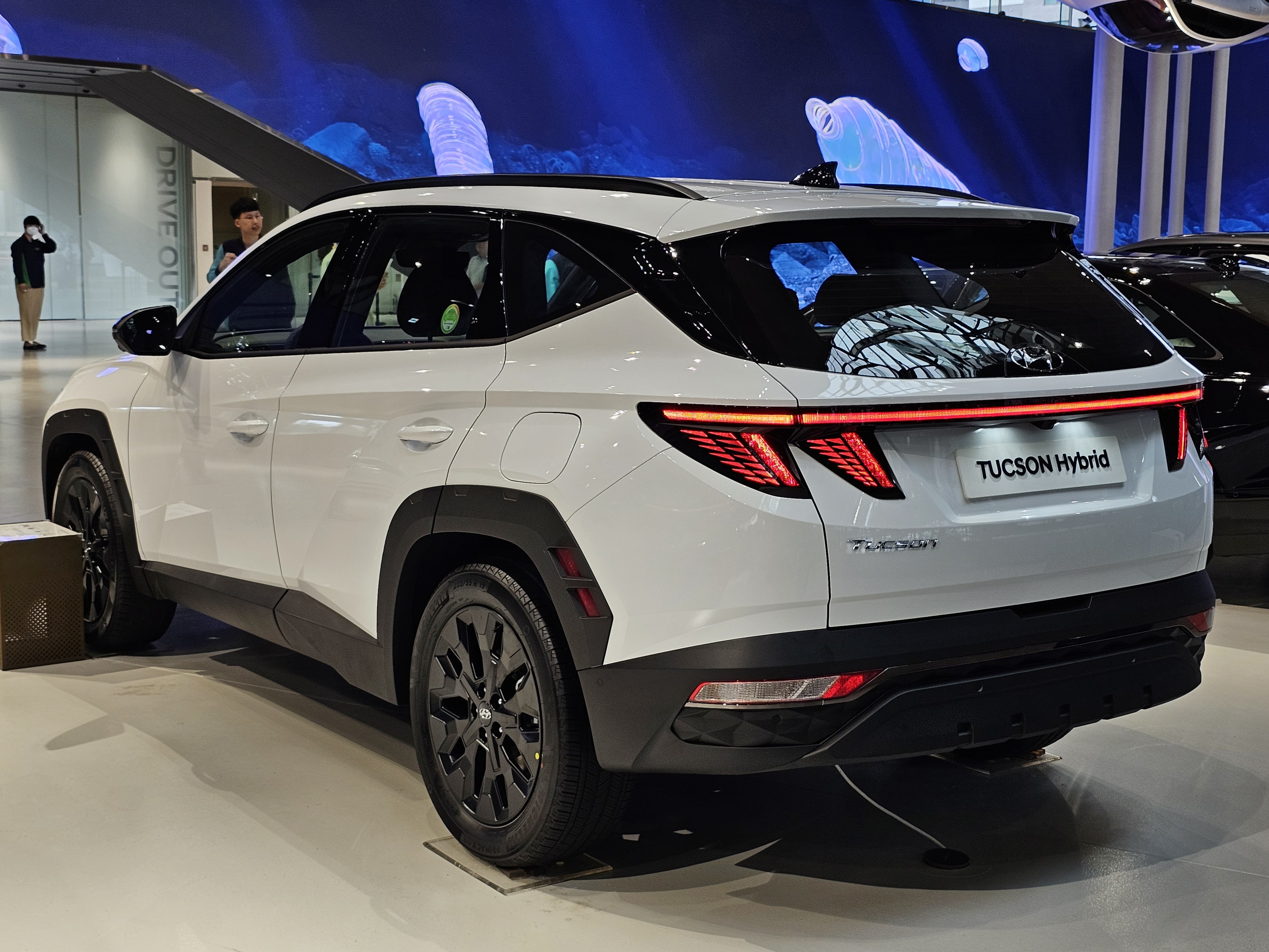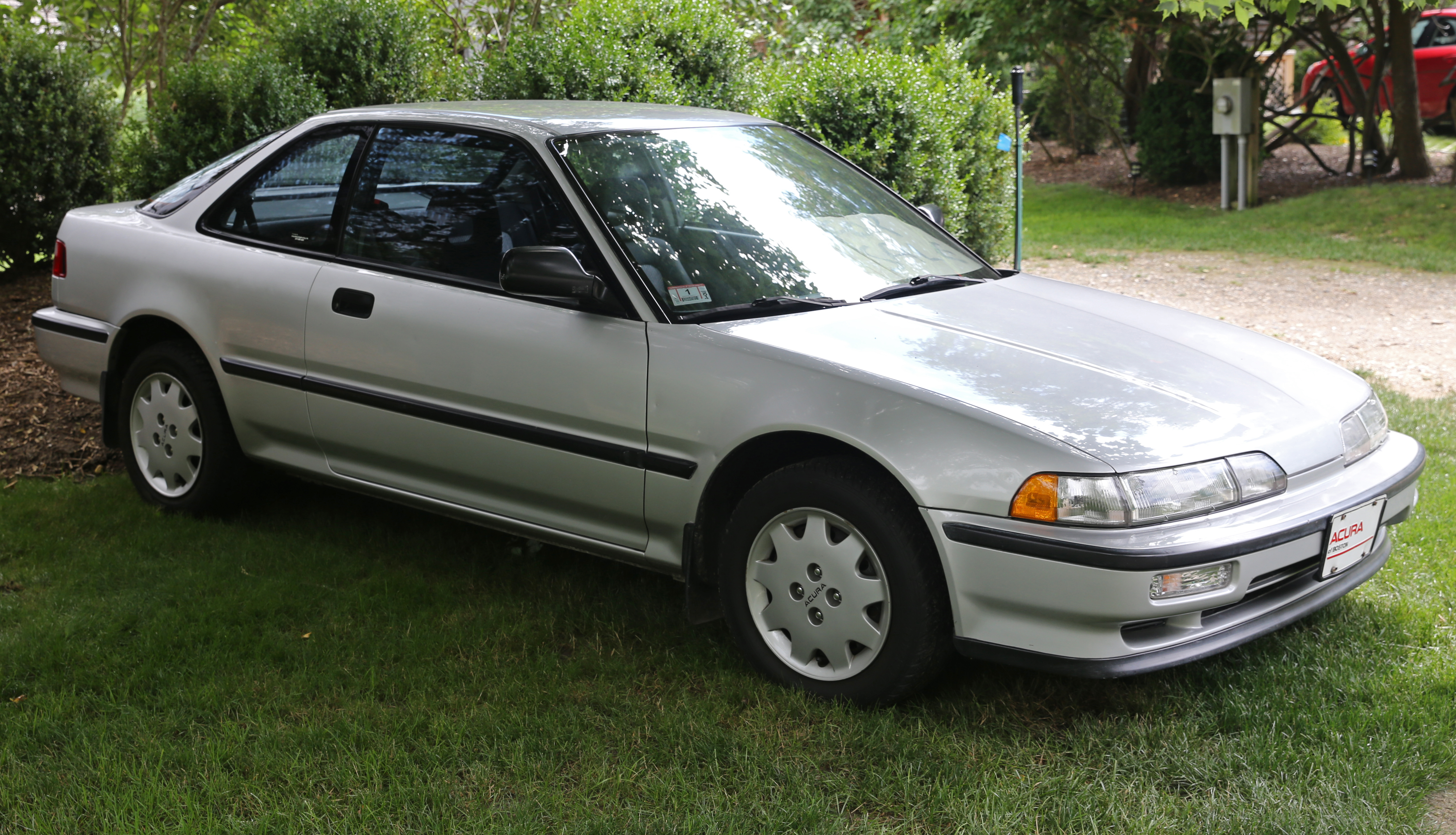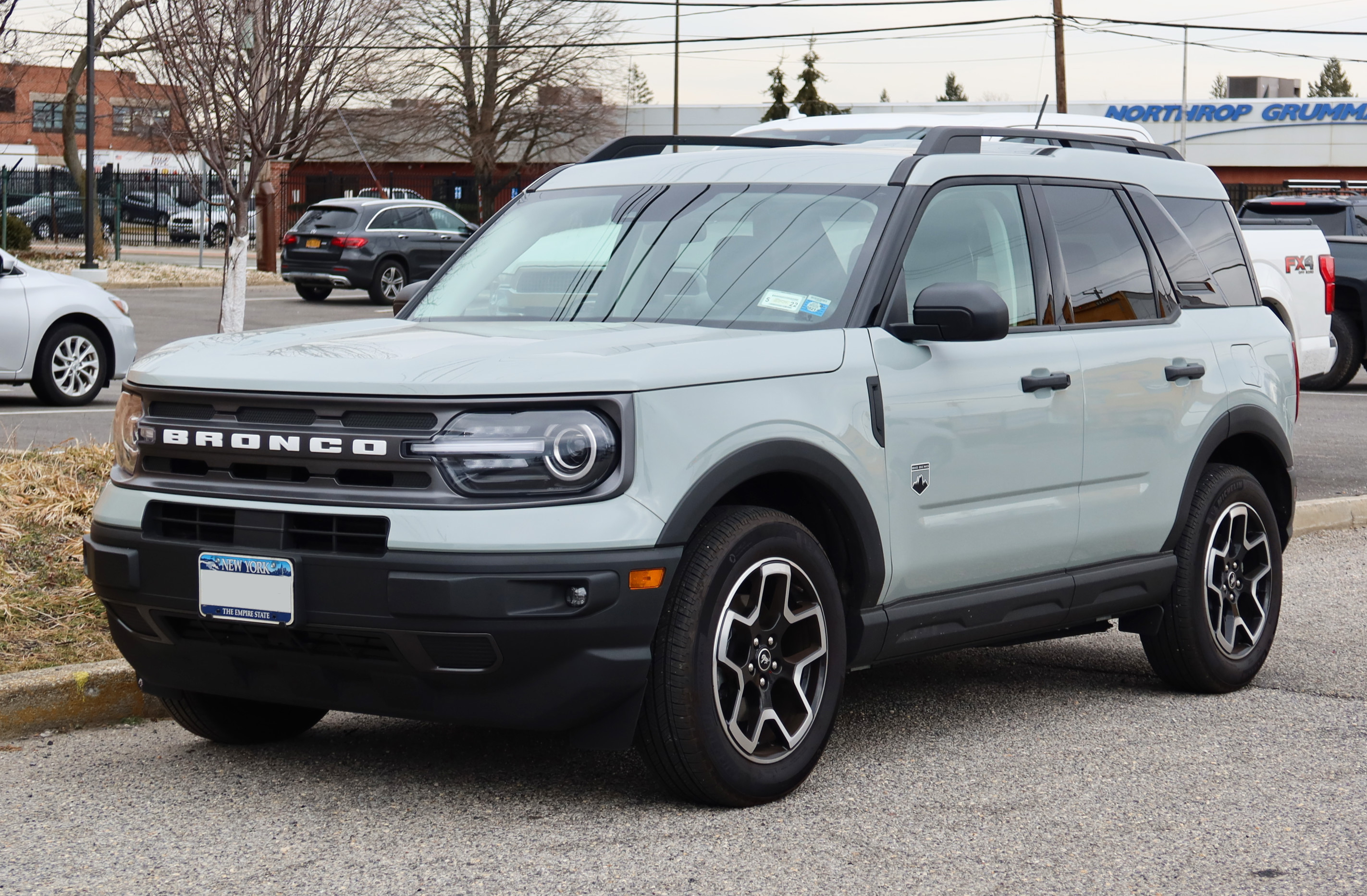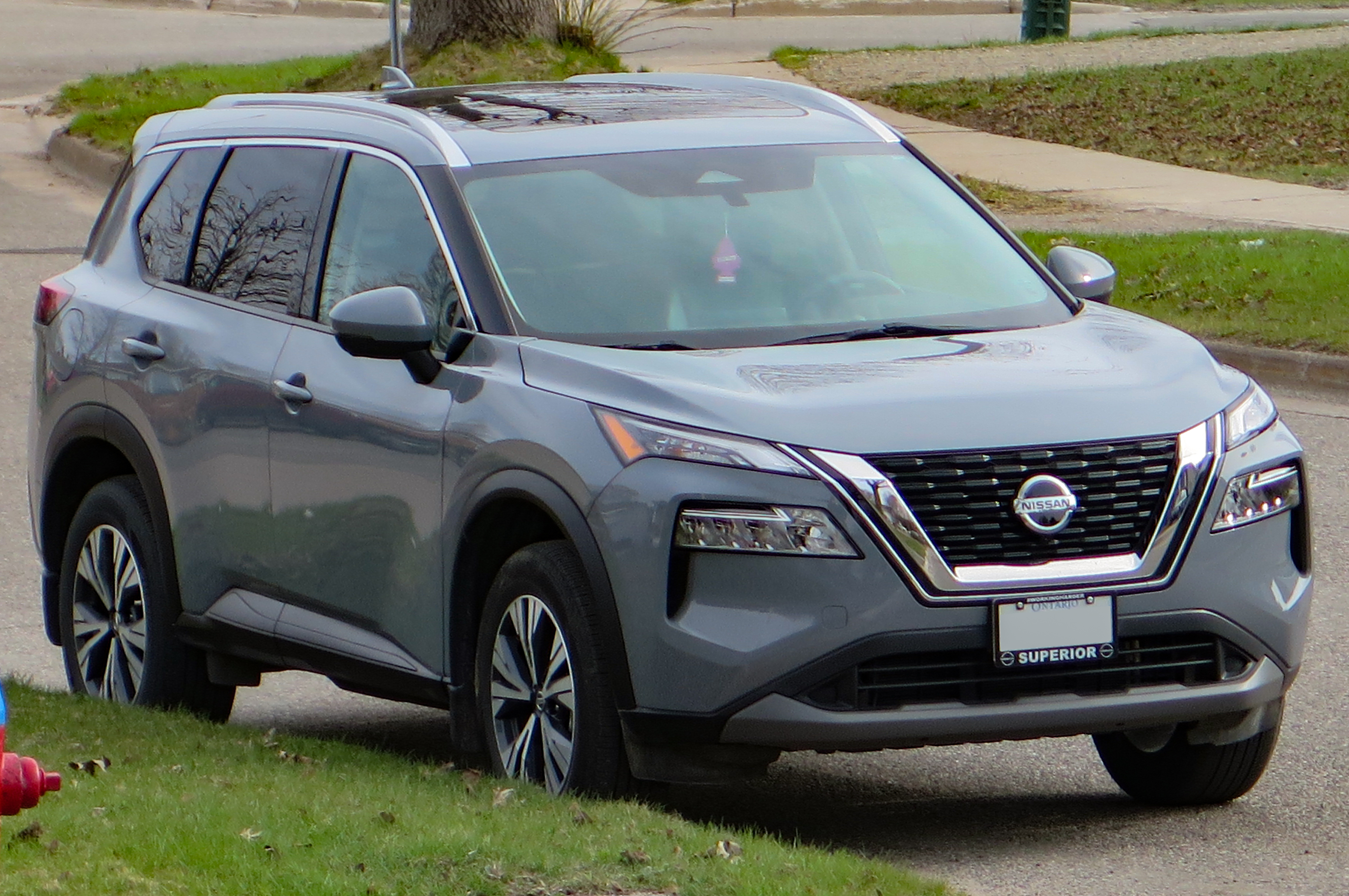The Rise of Unaffordable Cars: 14 Models to Avoid in 2024

The automotive landscape is currently undergoing a significant transformation, especially in the realm of affordability. Over the past year, prospective buyers have found themselves grappling with a stark reality: new cars are becoming increasingly out of reach. This shift is not merely a passing trend; it is a reflection of broader economic factors that are reshaping the way we perceive car ownership. According to an analysis by iSeeCars.

com, the average new car price has skyrocketed from $46,551 to an astonishing $49,499. This represents a staggering increase that is further compounded by rising interest rates, which have made financing a vehicle more daunting for many consumers. Karl Brauer, an executive analyst at iSeeCars. com, highlights the severity of this situation, noting that even with a corresponding increase in median household income, the financial burden of purchasing a new car has become more pronounced than ever. In fact, the gap between qualifying household income and median household income has widened, leaving consumers feeling squeezed.

As we delve into the specifics, it’s essential to understand that affordability is defined as car payments that do not exceed 10 percent of a household’s annual income. This definition is pivotal in grasping the implications of the current market conditions. The iSeeCars Car Affordability Index, which tracks the financial feasibility of car purchases, has revealed a concerning downward trend. Between October 2022 and September 2023, this index fell from 78.51 to 73. 17, marking a 6. 8 percent decrease. The first half of this period saw the most significant decline, while recent months exhibited signs of stabilization.
However, the overarching narrative remains one of increased financial strain on prospective buyers, as monthly car payments have surged by 11. 3 percent, raising the average payment from $802 to $892. This amounts to an additional annual cost of $1,088 for those seeking to acquire a new vehicle. The cumulative effect of these trends is that certain car models, once deemed affordable, have now crossed the threshold into unaffordability, leaving consumers to reconsider their options.

In the following slides, we will explore 14 popular new car models that have transitioned from affordable to unaffordable since October 2022. Each of these vehicles has experienced a significant increase in price, pushing them beyond the reach of the average buyer, and showcasing the financial challenges facing consumers today.

1. **Toyota Prius Prime**: Once a staple of affordability, the Toyota Prius Prime has seen a dramatic shift in its financial profile. The price difference above the affordability threshold now stands at 10.5%. Coupled with a price increase of 20.9% since October 2022, the average new car price for the Prius Prime in 2023 has climbed to $40,015. This model, beloved for its eco-friendliness and efficiency, now poses a substantial financial hurdle for many.

2. **Hyundai Tucson Hybrid**: The Hyundai Tucson Hybrid has also experienced a noticeable price surge, with a price difference of 8.1% over the affordability threshold. This model has increased in price by 7.3% from last year, bringing the average new car price to $39,163. Once an attractive choice for budget-conscious buyers, it now presents challenges for those evaluating their financial options.

3. **Volkswagen Golf GTI**: The Volkswagen Golf GTI, known for its sporty performance and engaging driving dynamics, is feeling the pinch of rising prices as well. With a 4.5% price difference above the affordability threshold and a price increase of 10.7% since October 2022, the average new car price for the GTI has reached $37,855. Enthusiasts may find it harder to justify the expense as affordability wanes.

4. **Acura Integra**: Once seen as a luxurious yet accessible option, the Acura Integra now shows a price difference of 3% above the affordability threshold. With a modest price increase of 3.7% from the previous year, the average new car price has settled at $37,302. This shift raises questions about the future appeal of the Integra in an increasingly competitive market.

5. **Ford Bronco Sport**: The Ford Bronco Sport, a popular choice among outdoor enthusiasts, has not escaped the clutches of rising prices. With a price difference of 2.3% above the affordability threshold and a price increase of 1.8% since October 2022, the average new car price now rests at $37,041. The allure of adventure comes at a cost that many may find challenging to manage.

6. **MINI Hardtop 2-Door**: Finally, the MINI Hardtop 2-Door has become less attainable, with a price difference of 1.2% above the affordability threshold. Its price has increased by 2.6% since last year, leading to an average new car price of $36,662. While once considered a fun and affordable compact option, the MINI now raises concerns for budget-conscious buyers.

7. **Mazda CX-5**: Known for its spirited handling and upscale interior, the Mazda CX-5 has climbed the affordability ranks with a 5.5% difference above the affordability threshold. With a price increase of 9.5% since October 2022, the average new car price has now reached $37,500. This increase raises questions about its market positioning as a compact SUV that thrives on delivering a premium experience without the premium price tag.

8. **Subaru Outback**: The beloved Subaru Outback, renowned for its rugged capabilities and family-friendly features, now faces a daunting 6.2% difference above the affordability threshold. With a price increase of 8.3% since last year, the average new car price for the Outback has escalated to $39,850. Once a go-to for adventurous families, its new prices are pushing it out of the reach for many.

9. **Kia Sportage**: A strong contender in the compact SUV market, the Kia Sportage has seen a 4.8% difference above the affordability threshold. The vehicle’s price has surged by 6.7% since October 2022, leading to an average new car price of $35,200. With its blend of technology and style, the Sportage now presents a budget-busting option for consumers who once found it appealing.

10. **Chevrolet Equinox**: The Chevrolet Equinox has also succumbed to the trend of rising prices, now sitting at a 3.6% difference above the affordability threshold. Its price has risen by 5.9% since last year, resulting in an average new car price of $36,400. This model aimed at practicality and comfort is now becoming less accessible for everyday buyers.

11. **Nissan Rogue**: The Nissan Rogue, a favorite for its fuel efficiency and spacious interior, portrays a 2.5% difference above the affordability threshold. With a modest price increase of 4.3% since October 2022, the average new car price has reached $38,230. This jump intensifies the challenge for shoppers navigating their budgets while seeking reliable transportation.

12. **Honda CR-V**: The Honda CR-V continues to be a landmark in the compact SUV category, yet it has crossed the affordability threshold by 1.8%. The model has seen a price increase of 3.2% since last year, bringing its average new car price to $36,500. Renowned for its reliability and spaciousness, the CR-V now raises eyebrows in terms of its affordability.

13. **Chrysler Pacifica**: The Chrysler Pacifica, once a family favorite for its versatility and innovation, now has a price difference of 2.2% above the affordability threshold. With a price increase of 5.1% since October 2022, the average new car price has escalated to $40,850. Families seeking ample space and features must now contend with higher budget requirements.

14. **Ford Explorer**: The Ford Explorer, known for its performance and capacity, has also been swept up in the affordability crisis. Currently, it sits 3.5% above the affordability threshold after a staggering price increase of 10.0%, resulting in an average new car price of $45,900. Its premium attributes are now making it less viable for consumers looking for a family-friendly vehicle.

As we take a deeper dive into these models, it is essential to recognize how various market factors are reshaping consumer choices and influencing the landscape of vehicle pricing. The implications of these shifts are profound, pushing buyers to rethink their strategies and consider alternatives that align better with their budgets.

The automotive industry is notoriously cyclical, and while current trends indicate a tough environment for new car buyers, there is potential for change in the near future. Manufacturers may respond to consumer frustration by adjusting their pricing strategies or introducing more affordable options. Ultimately, the evolving market demands that consumers remain vigilant, adaptable, and proactive in navigating their vehicle purchases in an ever-changing environment.
Related posts:
6 New Cars That Are No Longer Affordable for the Average Buyer
These Six Cars Are No Longer Affordable
Six New Mainstream Cars Now Priced Out Of Reach For The Average Buyer
Discover more from Auto Travel World
Subscribe to get the latest posts sent to your email.












